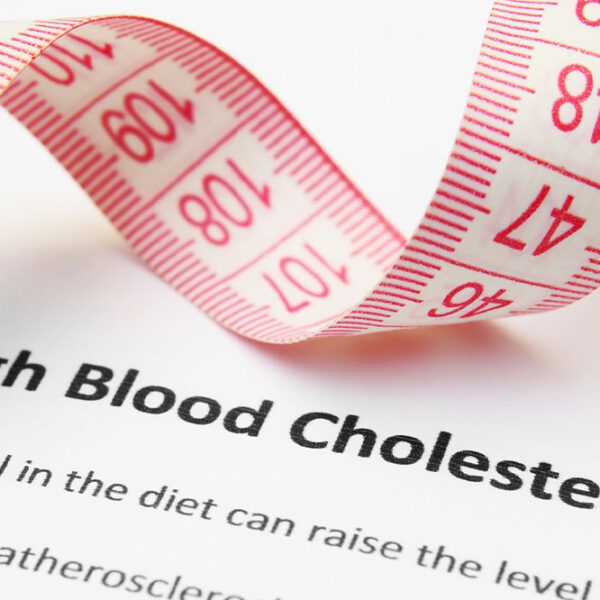
01
health
5 herbs and spices that may aid in preventing cancer
In the quest for optimal health, people try exercise routines, remedies, therapies, and food regimes. Regarding the last option, the food choice tends to be bland, unseasoned, and dull, making one believe that health and delicious foods are at odds. However, this is false, and herbs and spices enhance the flavors of meals and offer numerous health benefits. Among their remarkable qualities, certain herbs and spices possess potent properties that may contribute to cancer prevention. Turmeric Turmeric is well-known for its antioxidant and anti-inflammatory properties. A common ingredient in traditional recipes, it is also being taken as a supplement these days. The curcumin found in turmeric has been proven beneficial for a healthy body. There are numerous researches on the health benefits of curcumin and some even indicate it being useful in combating cancer. Adding turmeric to recipes, whether in curries, smoothies, or teas, adds a vibrant yellow color and distinctive flavor to the food and drink, along with being a way to harness its potential benefits. Garlic Garlic is another potential ally in the fight against cancer that can be conveniently found in most kitchens around the world. It is filled with organosulfur compounds that have a cancer-fighting effect on the body.

















